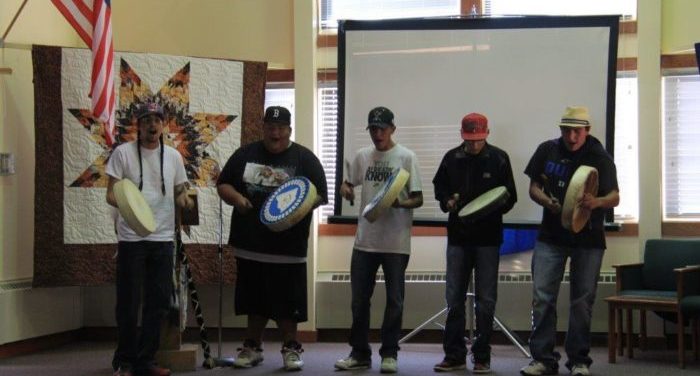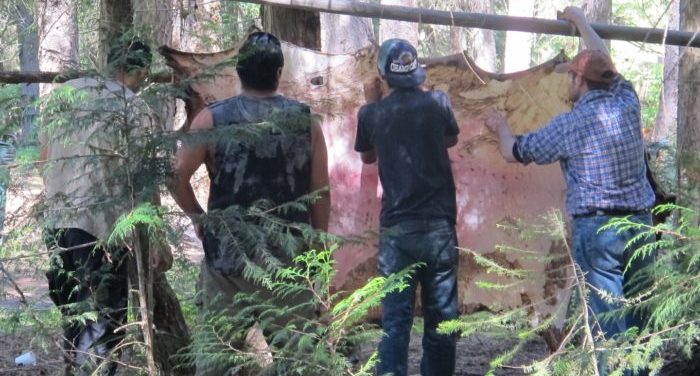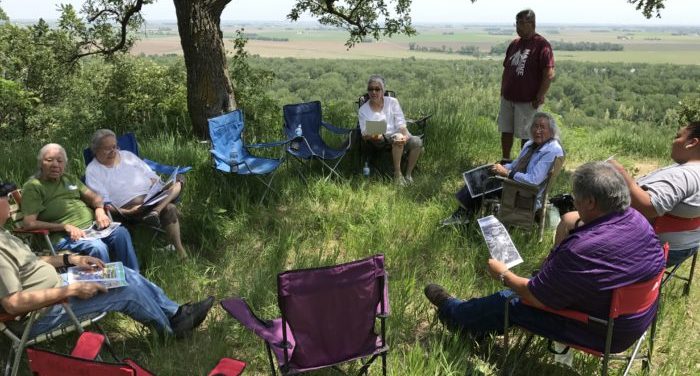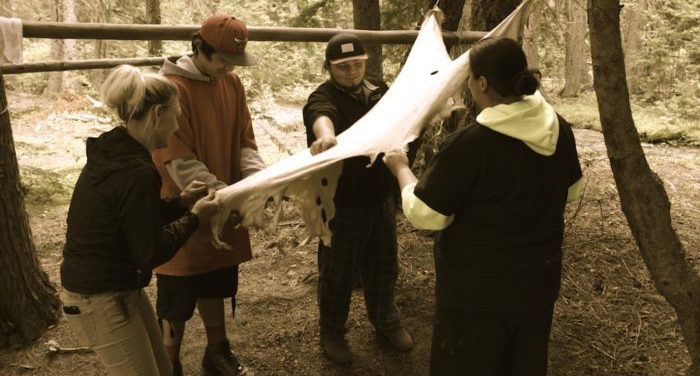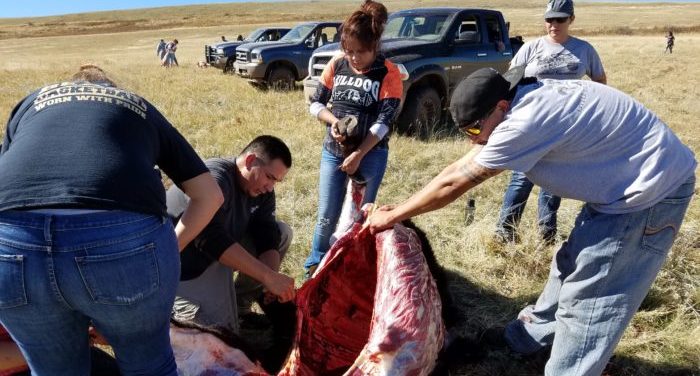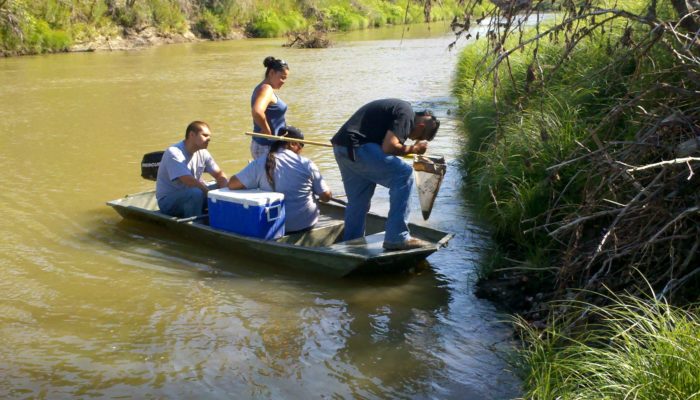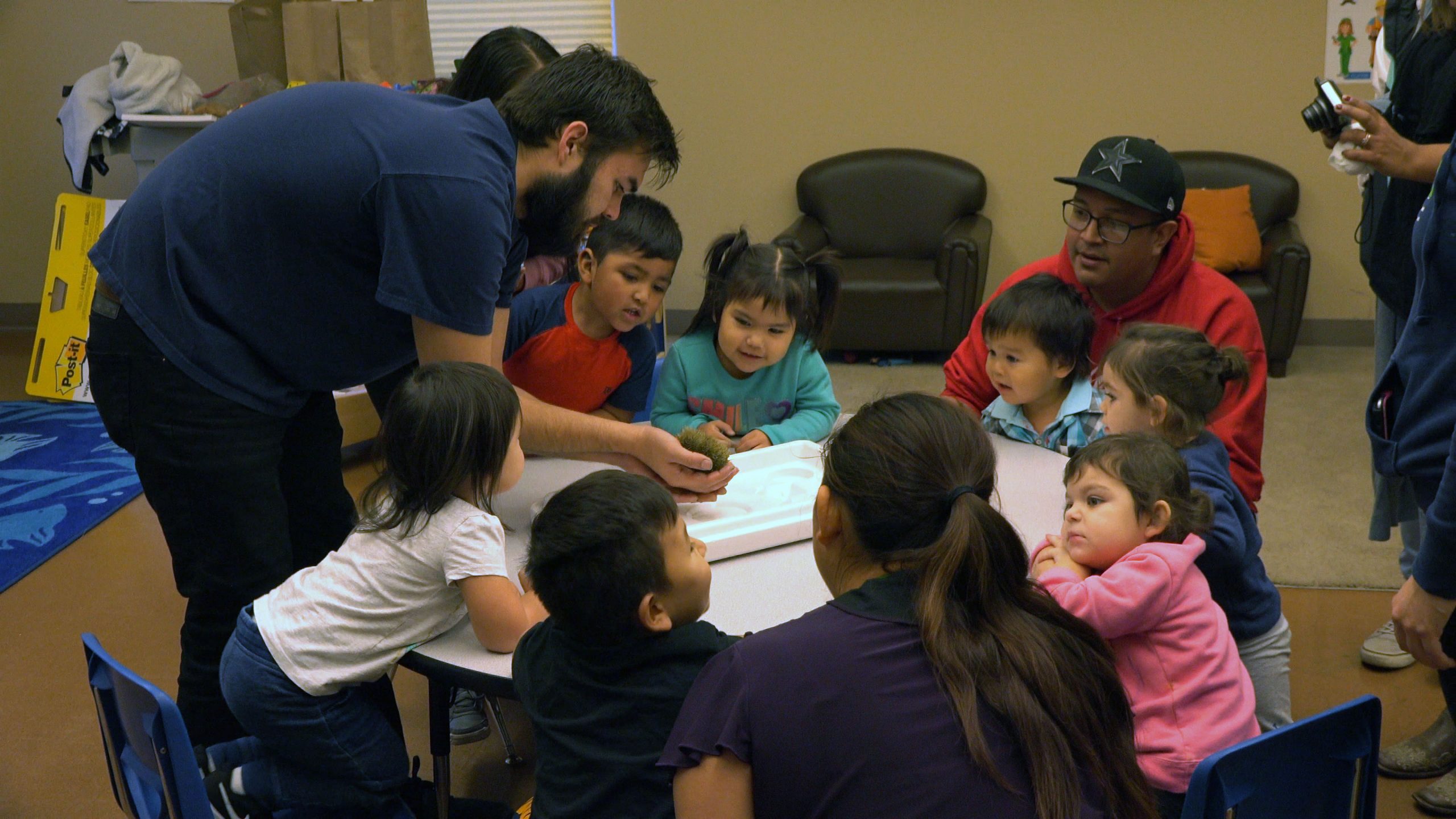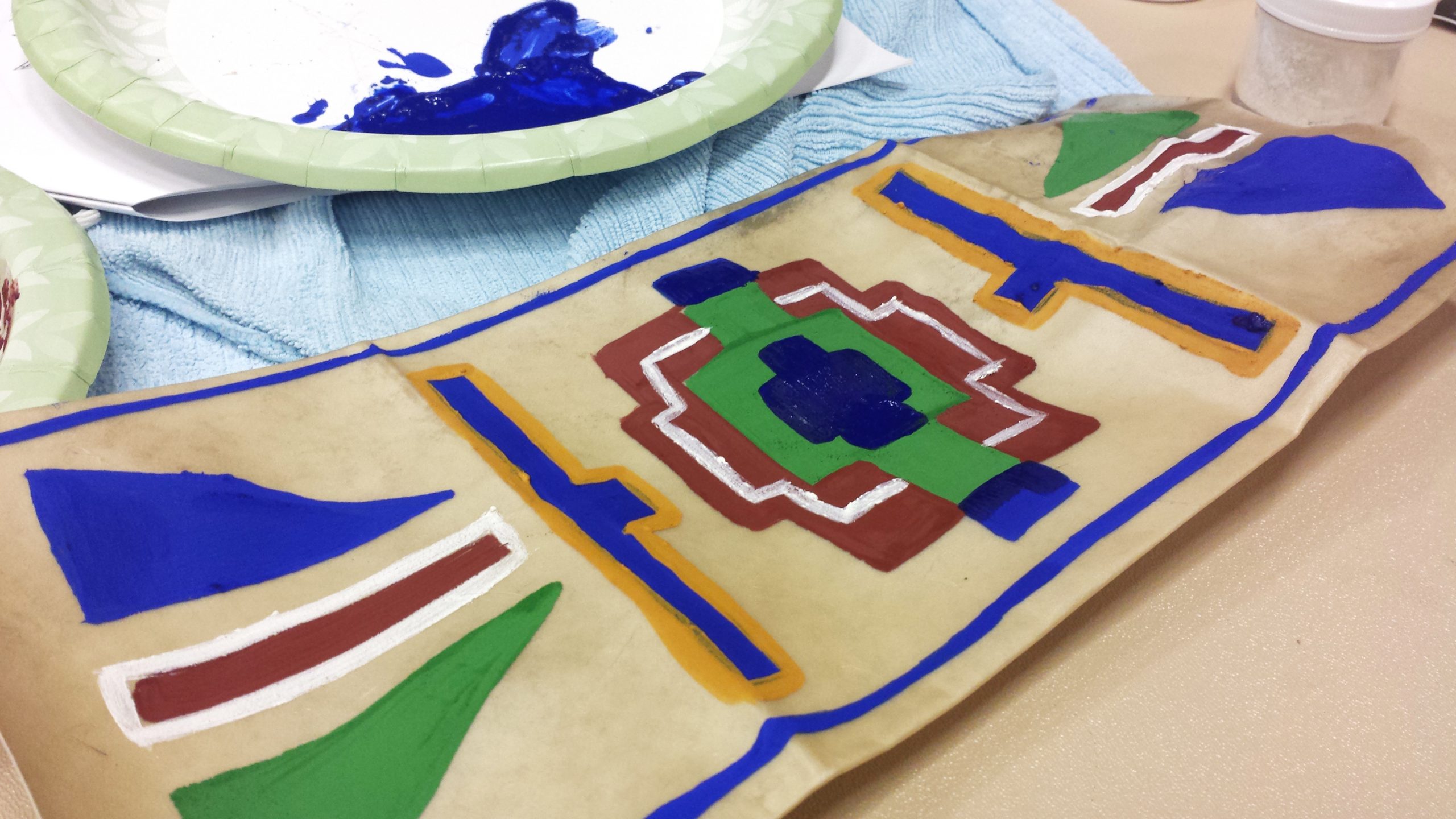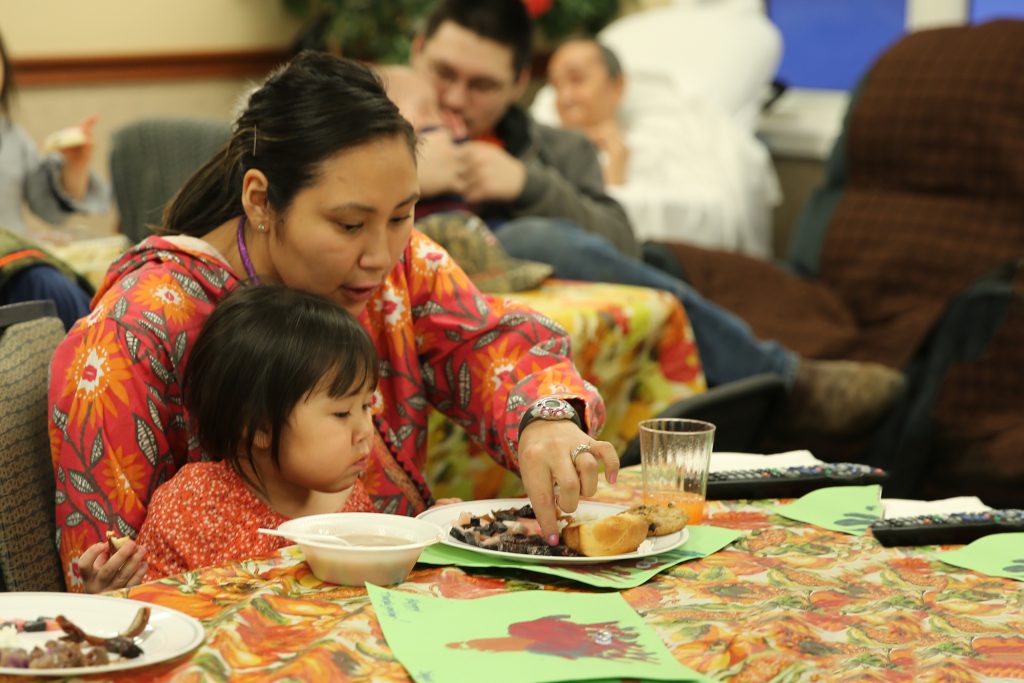National Endowment
for the Humanities Grant
1997 – Ongoing
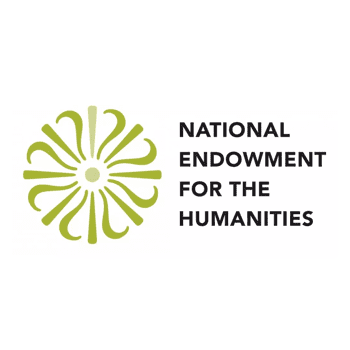
About The Program
American Indian communities are seeing barriers and a dramatic decline in the use and practice of their languages, traditional arts, and broader cultural knowledge. TCUs help to shift this trend by offering culture and language maintenance, revitalization, restoration, and preservation activities to the students and communities they serve. The American Indian College Fund was awarded a Challenge Grant in 1993 by the National Endowment for the Humanities (NEH) that led to the establishment of the NEH Cultural Preservation Program, which supports TCUs to carry out this important work within their communities.
The program is available to all 35 TCUs annually, and provides funding to administer Native culture and language preservation, perpetuation, and revitalization programming within their communities. Some projects include language camps, museum archival documentation, and the establishment of cultural centers on campus.
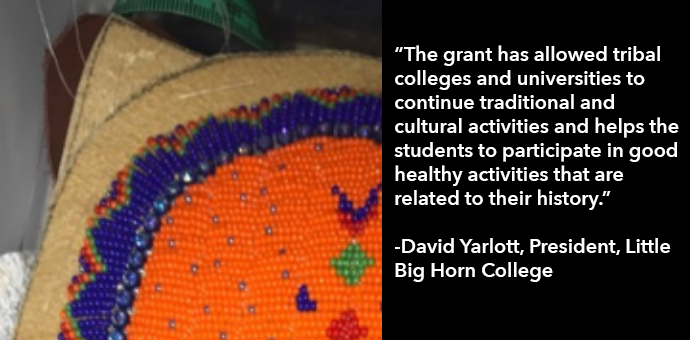
Program Gallery

Grantees
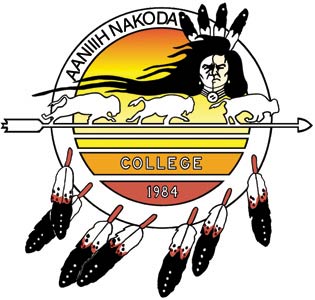
Aaniiih Nakoda College (Ft. Belknap)
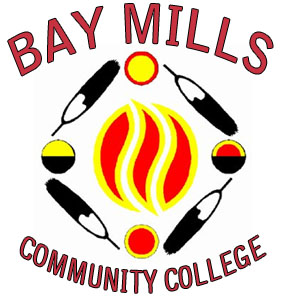
Bay Mills Community College

Blackfeet Community College
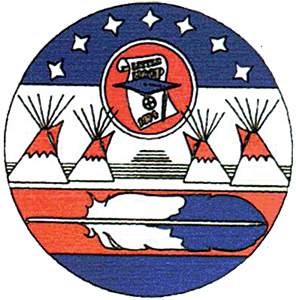
Cankdeska Cikana Community College
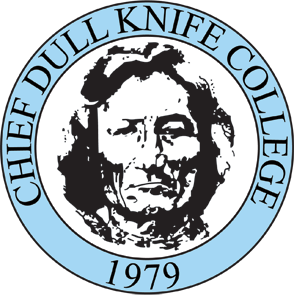
Chief Dull Knife College
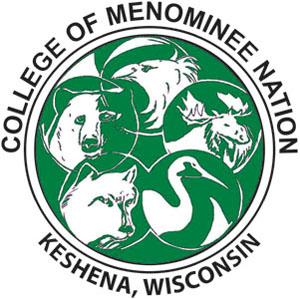
College of Menominee Nation
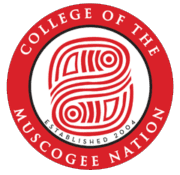
College of the Muscogee Nation
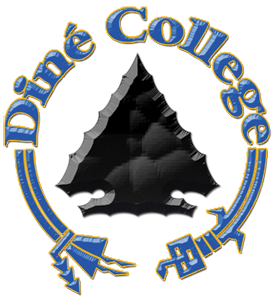
Diné College

Fond du Lac Tribal and Community College
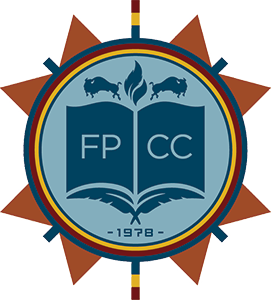
Fort Peck Community College

Haskell Indian Nations University
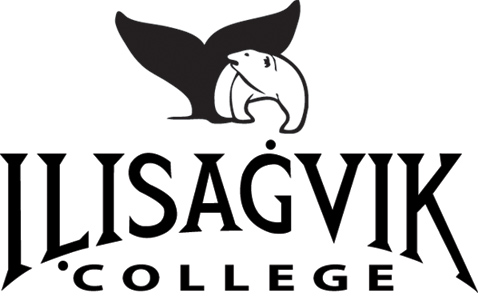
Iḷisaġvik College

Institute of American Indian Arts
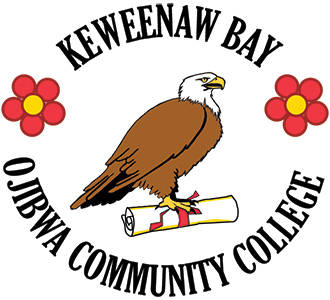
Keweenaw Bay Ojibwa Community College
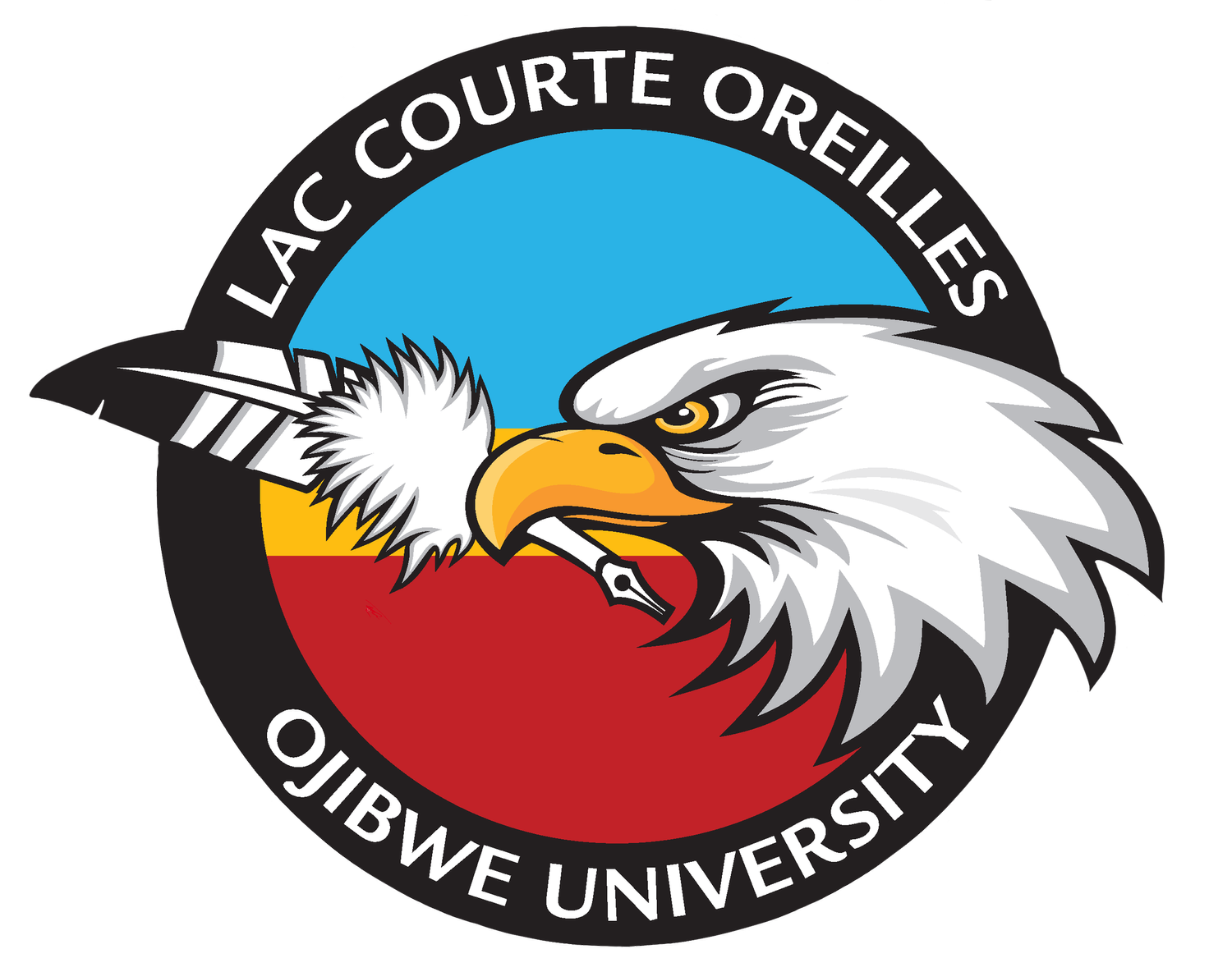
Lac Courte Oreilles Ojibwe University
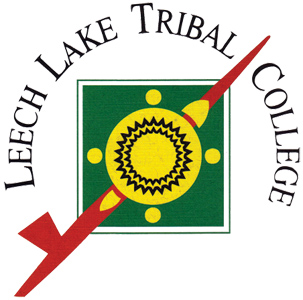
Leech Lake Tribal College
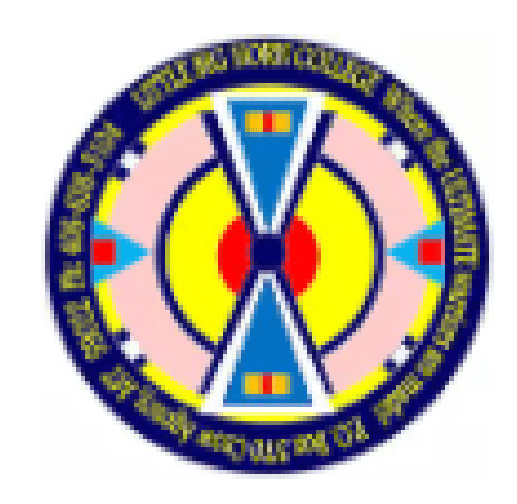
Little Big Horn College
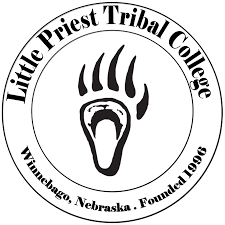
Little Priest Tribal College

Navajo Technical University
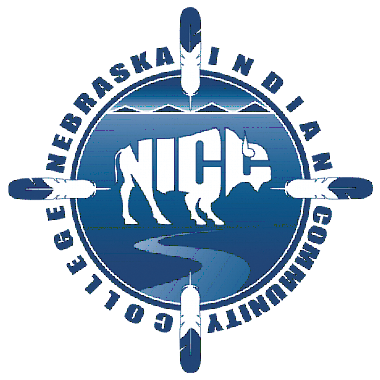
Nebraska Indian Community College

Northwest Indian College

Nueta Hidatsa Sahnish College
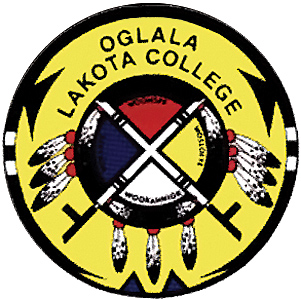
Oglala Lakota College
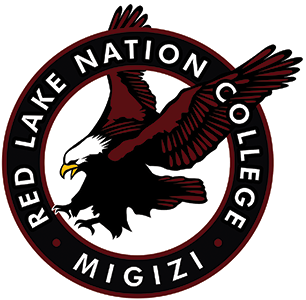
Red Lake Nation College
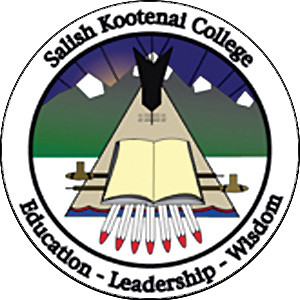
Salish Kootenai College
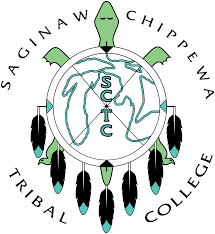
Saginaw Chippewa Tribal College
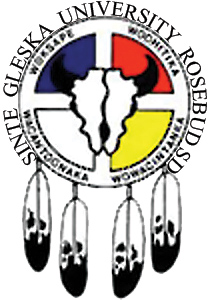
Sinte Gleska University
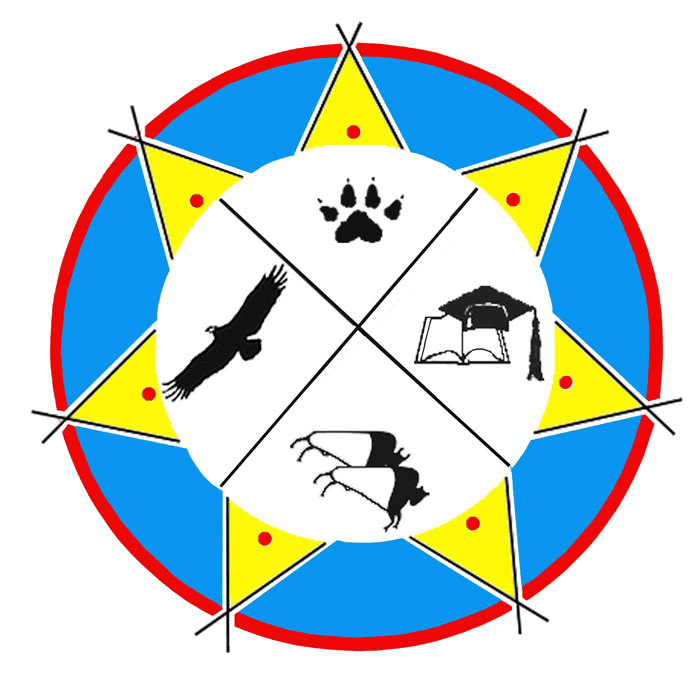
Sisseton Wahpeton College
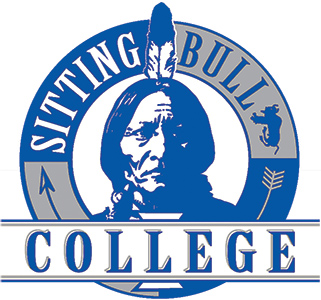
Sitting Bull College
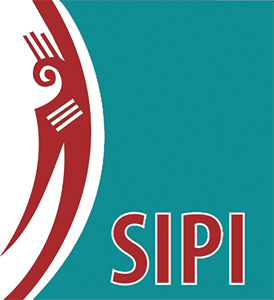
Southwestern Indian Polytechnic Institute
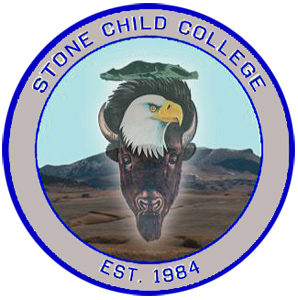
Stone Child College
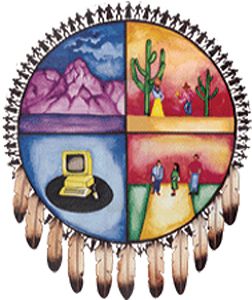
Tohono O'odham Community College

Turtle Mountain College
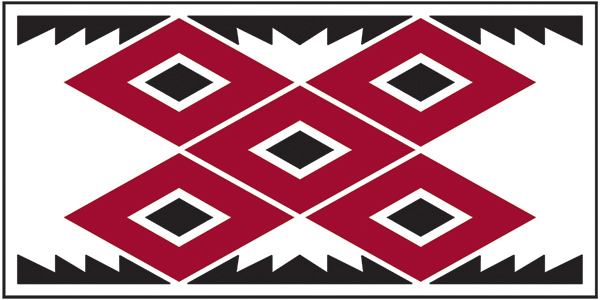
United Tribes Technical College

White Earth Tribal and Community College
Related Blogs
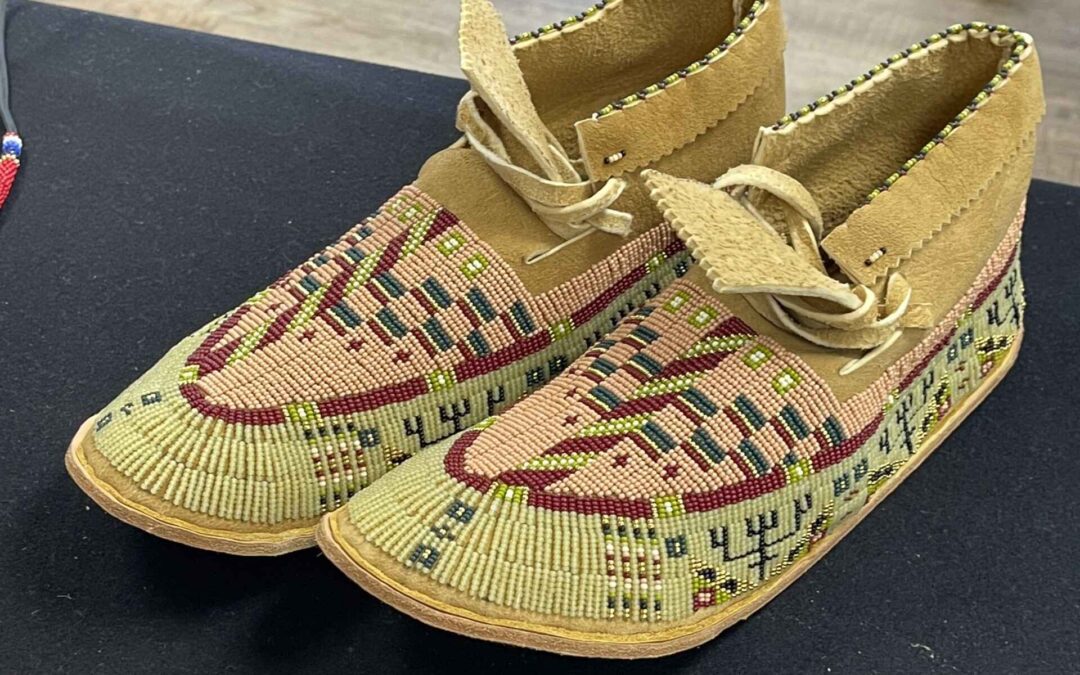
From The Chippewa Cree Perspective
This blog from Stone Child College on Rocky Boy’s Reservation in Montana shares insights into navigating higher education and preserving Chippewa Cree culture in the modern world. It highlights the college’s dedication to fostering pride in tribal heritage, featuring an interview with art instructor John Murie, who carries forward traditional beadwork techniques and philosophies passed down through generations, emphasizing the importance of Native storytelling and cultural preservation through education and art.
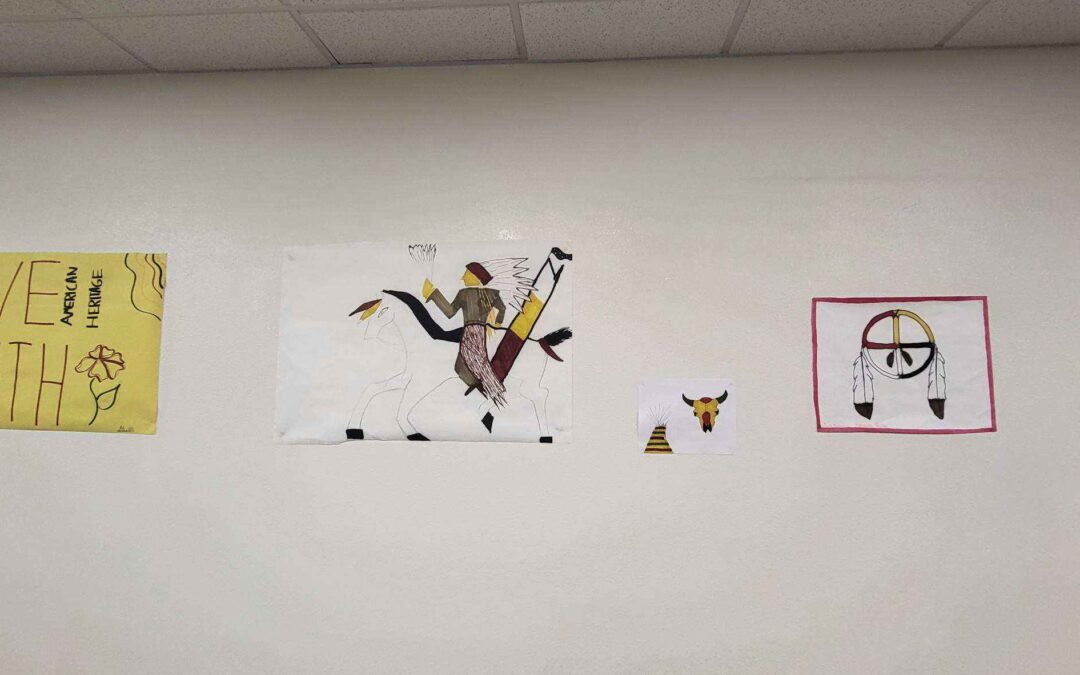
Fostering Culture and Community: Chadwick Kramer’s Impact on Native Education in Bismarck
Chadwick Kramer, an elder and Cultural Responsive Coordinator for Bismarck Public Schools, is dedicated to providing Native students with culturally enriching opportunities through the Indigenous Education Program. Inspired by his own experiences and his grandmother’s teachings, Chadwick creates welcoming spaces for all students to explore Native traditions, fostering lifelong learning, cultural understanding, and community connection.
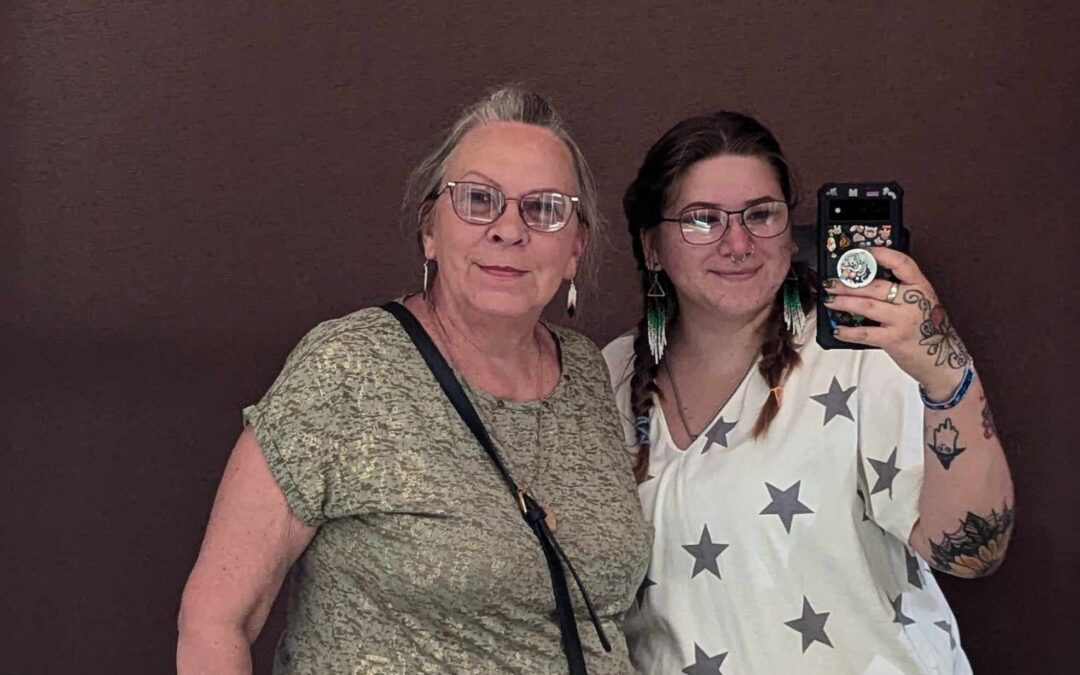
Waabaabigan, Working with Our Namesake
Janet and Eliza Klarer, a mother-daughter duo from the White Earth Ojibwe community, are preserving traditional Woodland-style pottery inspired by their ancestor Judy Toppings, who revitalized White Earth clay lifeways. Through workshops and their own artistry, they share the significance of working with White Earth clay, nurturing creativity and connection in their community.

